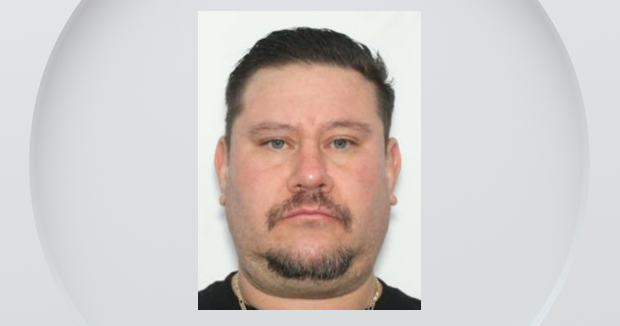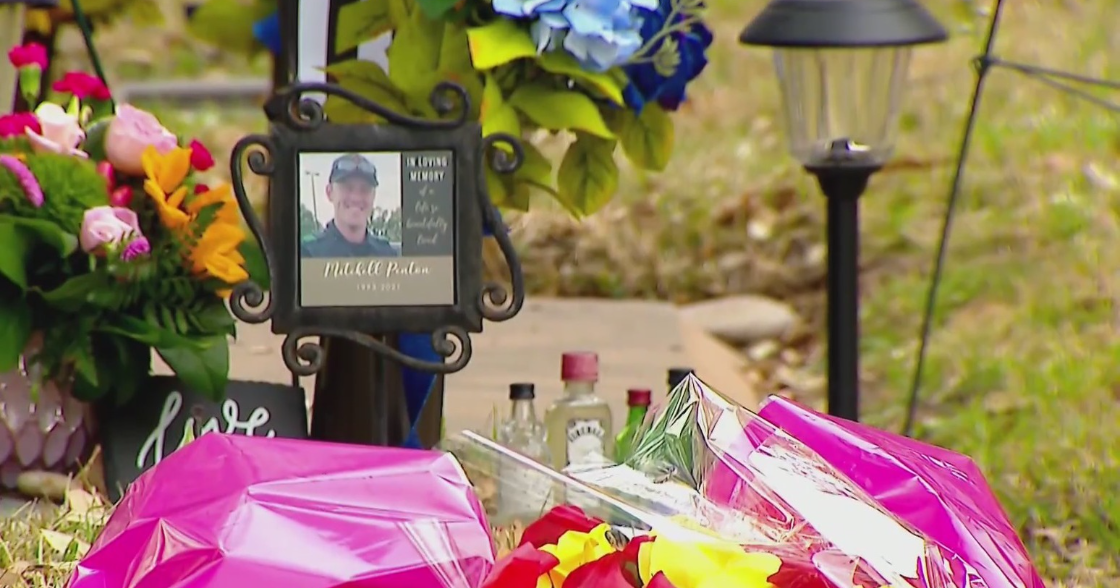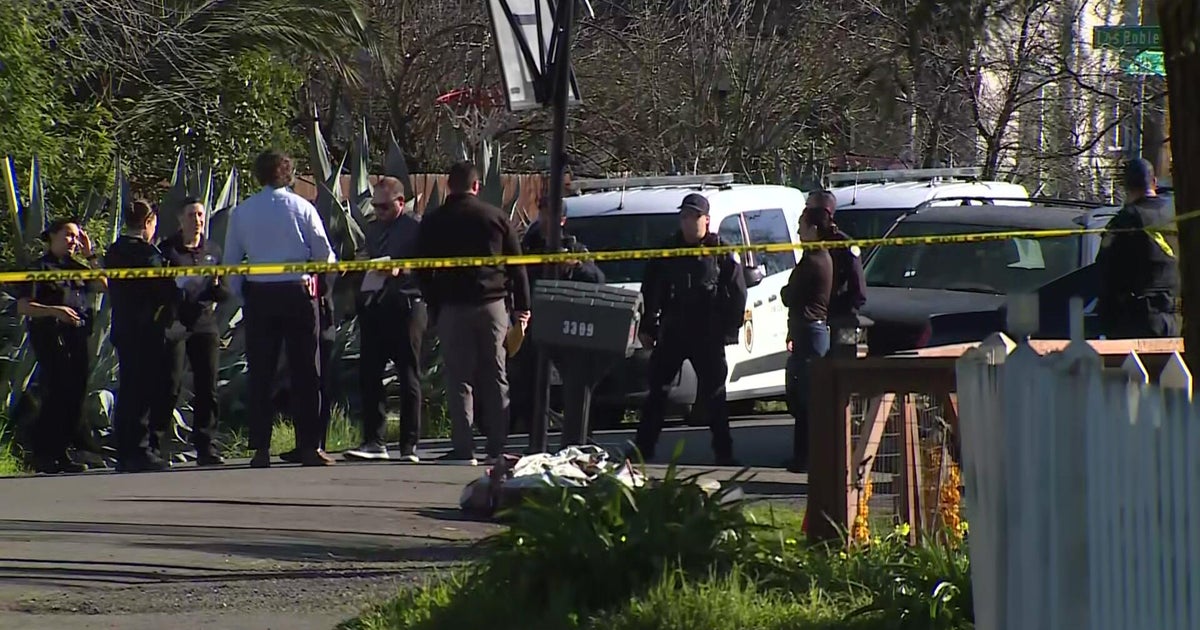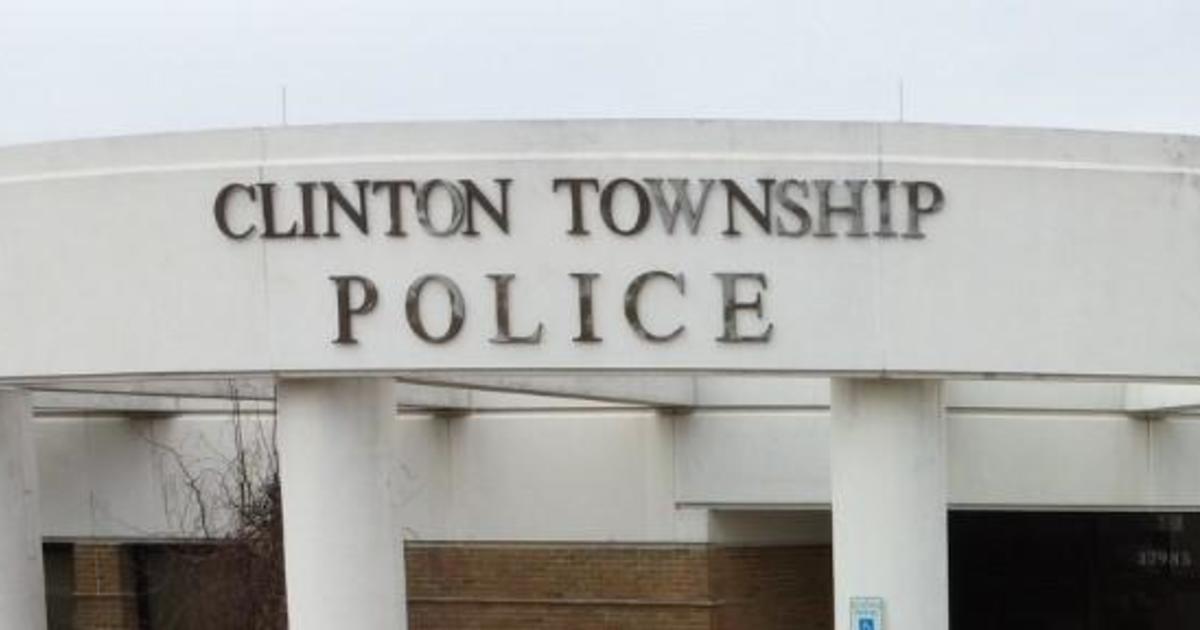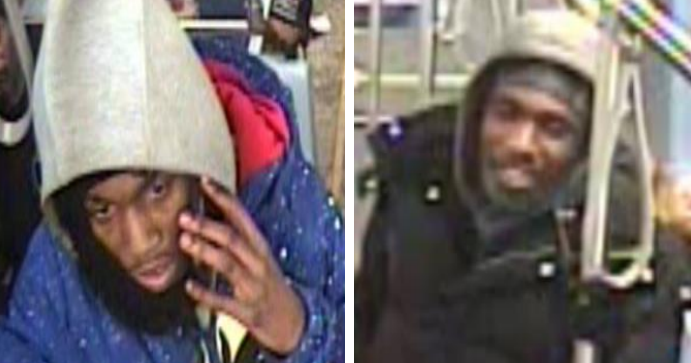North Texas City Makes Protecting Children Exposed To Violence A Top Priority
BURLESON, Texas (CBSDFW.COM) - The city of Burleson says it is attempting to lead the way to protect kids who are exposed to violence.
The Burleson Police Department is training officers on how to better interact with children who've seen or heard violent acts.
"I think it's almost like a wakeup call," said Sgt. Jae Berg with the Burleson Police Department.
Research shows witnessing violence can be just as harmful as experiencing it.
Children exposed to domestic violence are more likely to abuse drugs, die by suicide and commit violent crimes as adults.
"Those outcomes don't have to happen," said Burleson Mayor Ken Shetter.
He said the city is committed to breaking the cycle. A 2017 ordinance makes it illegal to commit unjustified violence in front of a child.
"We're the only city in the country that I know of that has an ordinance like the one we have," Mayor Shetter said.
Now the police department is training officers to specifically reach out to those kids who've been exposed to violence.
"We're not going to ask children to rehash and take sides and be a witness, but getting a better understanding and awareness of what they've gone through," said Sgt. Berg. "What they may have seen or even just heard."
Then officers will help them get resources to deal with the trauma. Studied show outcomes are better children from police engage with them on the scene.
"If we just first recognize the harm that's being done, identify the kids that are being victimized, and then commit ourselves to doing something about it – we can make a big difference," said Mayor Shetter.
Burleson Police have responded to 230 cases related to family violence in 2019. Thirty percent of those calls involve one or more children.
"Now knowing that we can make an impact on this child or children that's going to be positive for them and give them a better opportunity in life to deal with that trauma, is going to be tremendous," Sgt. Berg said.
Mayor Shetter says there aren't a lot of law enforcement agencies or cities addressing this problem in this way. He hopes more cities look into changing their protocols and their laws.


